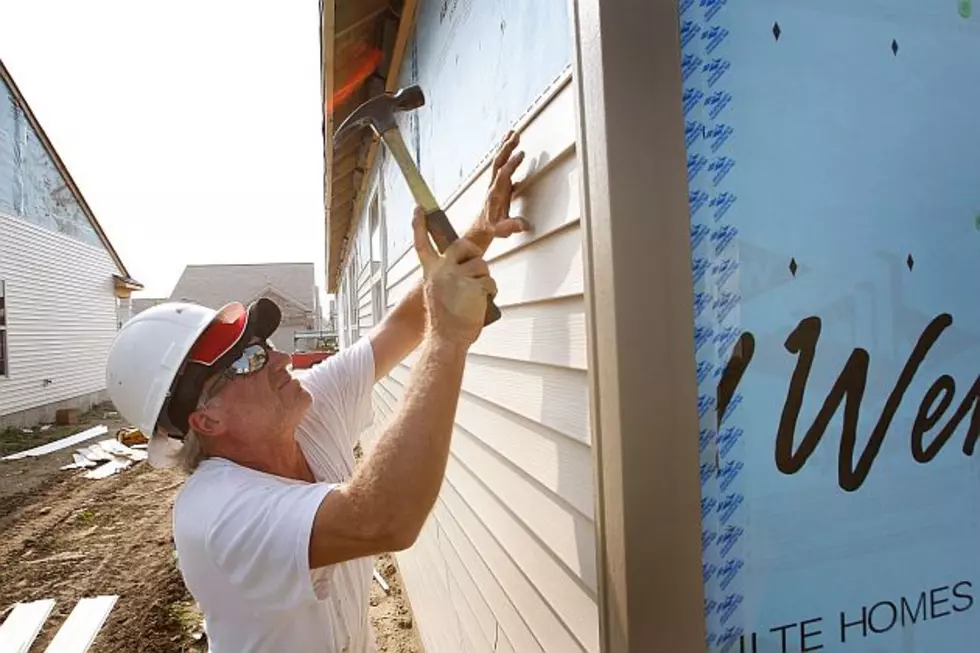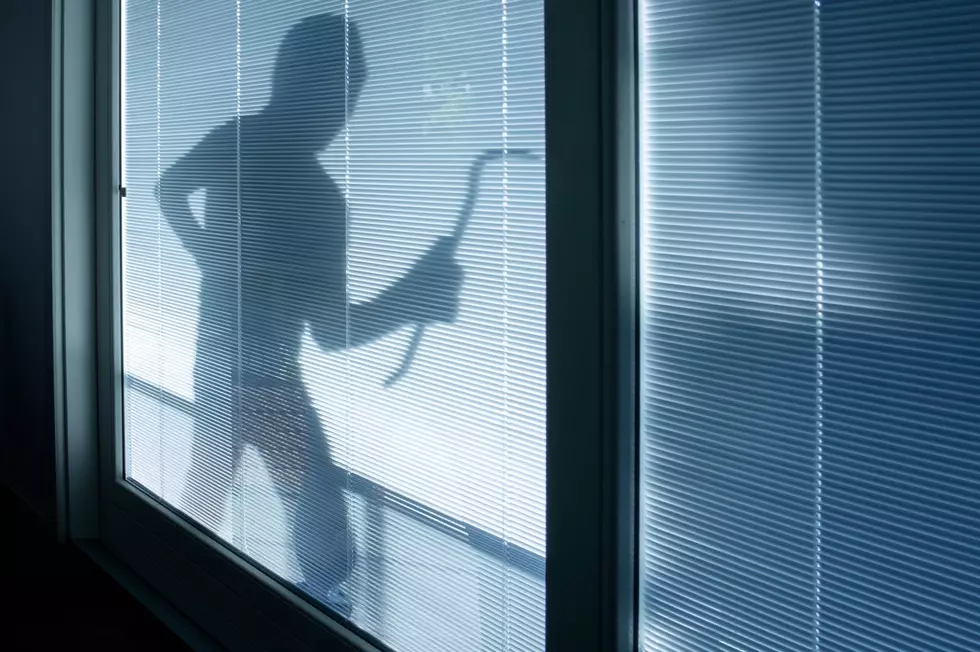
Rush Hour Talks Contracting Scams, Local Expert Weighs In
ST. CLOUD -- As the summer season heats up you might be thinking about doing some home improvement projects and the BBB is warning you to be careful with who you hire as a contractor.
Every spring/summer season the BBB sends out a list of tips on how to protect homeowners from non-legitimate contractors and scams.
On WJON's Rush Hour show we talked with Don Gaetke, the Owner of National Home Improvement Sales Contractors in Sartell. NHI is a central Minnesota based company and has been restoring homes since the early 1990s. They focus on roofing, siding, windows and gutters.
Gaetke says one of the main warning signs to look out for when you're talking to a contractor is if they are from Minnesota.
"Minnesota is a very pro-consumer oriented state so there's a lot of regulation involved with contractors and a lot of protection with the homeowner that you don't see in other states. The contractors here are much more up to date on their codes, their continuing education, their licensing and bonding. Everything really is really top notch but when you get out of state contractors here that's really not the case."
The easiest way to find out if your contractor is from Minnesota is to check their ID. Often times a local number, local office and even a Minnesota license plate doesn't prove you're working with a local person.
Another tip to be aware of, Gaetke says if you're specifically working on a project that involves making an insurance claim on your homeowner's insurance. He says always be sure to work with a contractor that frequently handles insurance claims, otherwise, you could end up paying more.
"What often happens is because a lot of people making claims, a lot of contractors not normally doing claims will do them. Unfortunately, they don't know all of the processes involved because they don't do them all the time. What happens is they will start a job and they'll find that they don't have enough material on hand to finish the job in the middle of the job."
When this type of situation happens you'll likely find yourself paying for that extra material to finish your project. Gaetke says the insurance company typically doesn't cover more than the initial estimate and the contractor certainly won't be paying for it either even if they made the error.
In the end, the homeowner is the victim in the situation. You can avoid that though by asking your contractor if they are familiar with insurance claims and doing some digging on the company such as checking out their website, seeing what their BBB rating is and if they are on Angie's List.
As another way to protect yourself and your home, the BBB suggests that you get everything in writing. Gaetke says this is crucial, everything needs to be in the contract before any work is completed.
If you're looking for more advice on these tips check out the BBB's website.
More From AM 1240 WJON









